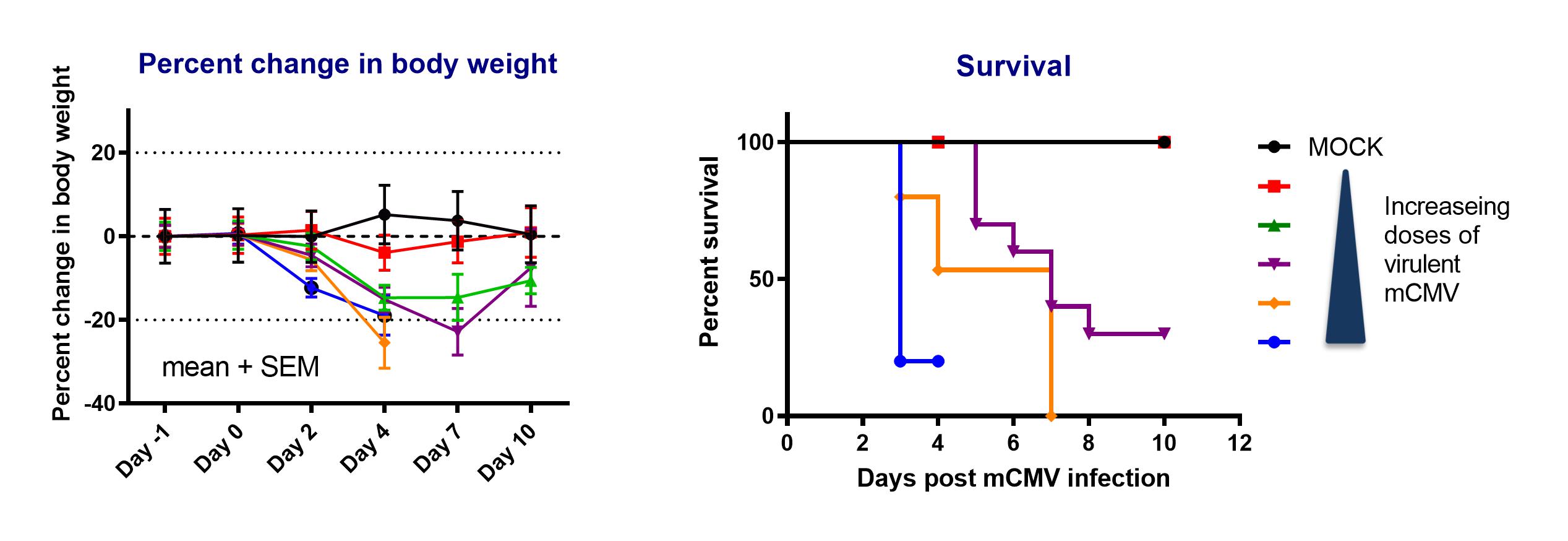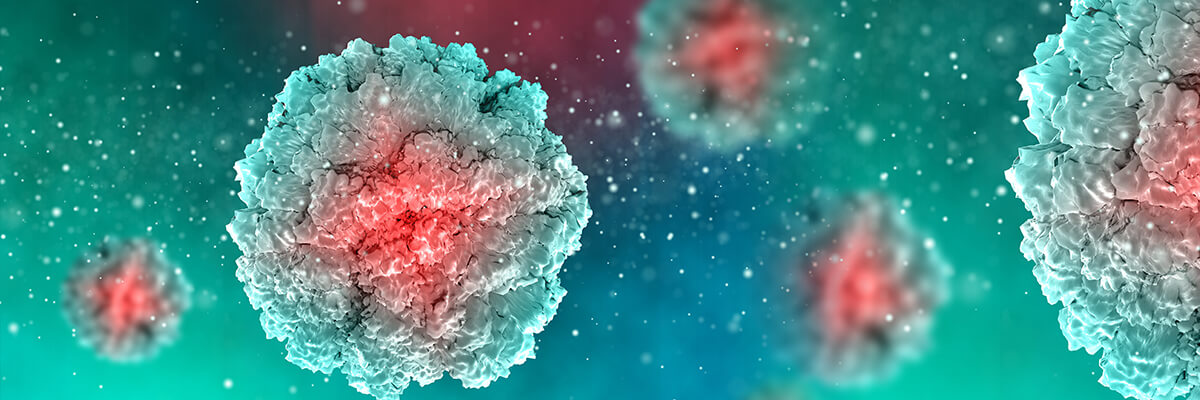Mouse Cytomegalovirus Model for Antiviral Therapy Evaluation
The mouse cytomegalovirus (mCMV) model serves as a critical tool for evaluating antiviral therapies against cytomegalovirus (CMV) infections. This model closely mimics human CMV infections, making it an effective platform for testing new antiviral compounds. However, many anti-CMV drugs have limited clinical utility due to poor oral bioavailability, toxicities, and potential resistance, highlighting the urgent need for novel therapeutic agents to address the shortcomings of FDA-approved drugs.
At Aragen, we offer comprehensive preclinical efficacy and safety studies utilizing the mCMV model to support the development of anti-CMV antiviral drugs. Our extensive experience in mCMV studies enables us to deliver reliable results that guide your drug development initiatives. While the model is primarily focused on assessing antiviral drug efficacy rather than vaccine candidates or biologics, it provides researchers with critical insights into treatment strategies for CMV infections.
Contact us to learn how our services can enhance your research and contribute to advancements in the fight against cytomegalovirus infections.
Methodology
- Day 0: Infect 8-9wk BALB/c mice with desired dose (lethal or non-lethal) of 3X-salivary gland passaged mCMV
- Monitor weight and survival throughout the study
- Ganciclovir used as positive control/standard of care
- Collect salivary glands, spleen, liver, heart, lungs and kidney for titration by plaque assay.


Results
- Weight loss and survival are dose-dependent
- Higher titers in salivary glands at 10 days post-infection (DPI)
- Spleens had significantly higher viral load at 4 DPI
- Liver exhibited highest dose-dependency
